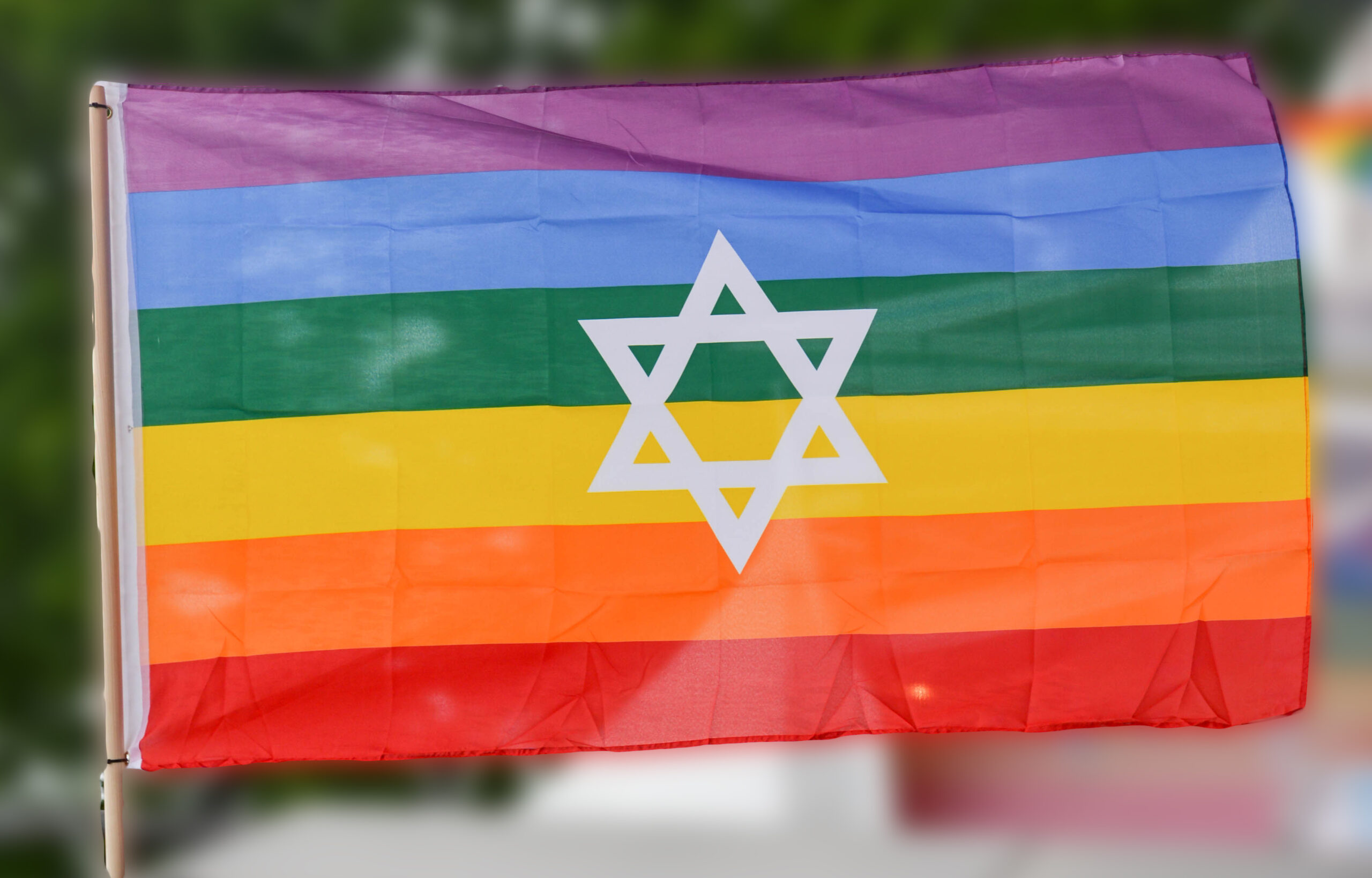by Rabbi Avrohom Gordimer in The Times of Israel
Steven Greenberg’s Am I an abomination? An Orthodox publisher speaks to gay teens is highly problematic on multiple levels. Predicated on concepts that undermine and misrepresent the Torah, this blog post essentially gaslights normative, traditional Torah values and seeks to create a new reality that is at odds with the Torah’s worldview.
The very title of the blog post is a blatant inaccuracy, for the Torah’s use of the word “abomination” refers to the homosexual act and not to the homosexual person: “And you shall not lie with a male as with a woman, for it is an abomination (to’eivah, in Hebrew)”. (Vayikra/Leviticus 18:22) The word “it”, or “hee” in the original Hebrew, is a feminine pronoun that refers to the Hebrew word “shechivah” (lying [with another male]) in the verse. Shechivah is a feminine noun, and to it does the appellation of “to’eivah/abomination” refer, and not to the (male) sinner. Greenberg’s blogpost title portrays the Torah as labeling the homosexual person as an abomination, which is a clear distortion of the text, thereby garnering sympathy for homosexuality and engendering animosity toward the Torah.
Enjoy what you're reading? Subscribe for more!
Continuing on the trajectory of painting Torah values in a negative light, Greenberg cites the new Koren Lev Ladaat Humash, which unfortunately has departed from tradition and appears to present a softer and even modified stance toward homosexuality, mustering the mores and feelings of modern secular society to somewhat challenge the Torah and evoke sympathy for those who openly defy it:
For many, verse 22 is among the most challenging verses in the Torah, on both an emotional and intellectual level, as well as touching deeply on their faith and how they relate to God. Like other laws in the Torah, God gives a command that is difficult for us to comprehend, even at odds with accepted values and life experiences of family members, friends, neighbors, perhaps even ourselves. Our challenge, as Jews engaged with the modern world, is to remain faithful and respectful to the integrity of the word of God, while considering how we reconcile these values in our daily lives. This specific verse discusses a prohibited act. Our Jewish responsibility is to ensure that this verse, which has often been the source of much pain and confusion, should never prevent us from ensuring that every member of our community feels loved and respected.
Let’s take another case – intermarriage. There are certainly many more intermarried Jews than there are gay Jews, intermarriage is fully accepted in the secular world and in much of the Jewish world, and most people probably know more intermarried Jews than they know gay Jews. Liberal, secular society (including much of Jewish society) considers Judaism’s prohibition on intermarriage to be tribalistic and chauvinistic. Some even view the prohibition as cruel and offensive to the concepts of love and of uniting with one’s perceived soulmate.
Imagine if Koren’s Lev Ladaat Humash wrote the following regarding the prohibition to marry into the heathen nations (Devarim/Deuteronomy 7:3) or the story of Pinchas (Bamidbar/Numbers 25:1-9), or if a Koren Tanach (complete Bible) were to feature the following comment on chapter 10 of the Book of Ezra, which mandated the breaking up of intermarriages:
For many, the ban on intermarriage is one of the most challenging concepts in the Torah, on both an emotional and intellectual level. Like other laws in the Torah, God gives a command that is difficult for us to comprehend, even at odds with accepted values and life experiences of family members, friends, neighbors, perhaps even ourselves. Our challenge, as Jews engaged with the modern world, is to remain faithful and respectful to the integrity of the word of God, while considering how we reconcile these values in our daily lives. Our Jewish responsibility is to ensure that the Torah’s ban on intermarriage, which is often the source of much pain and confusion, should never prevent us from ensuring that every member of our community feels loved and respected.
Or what if regarding Sabbath desecration, the kosher laws, or other Torah prohibitions, Koren’s Lev Ladaat Humash wrote something similar? We would of course object that such a comment represents the compromise and dilution of Torah principles. Is the current case so different?
Although this is not the first time that Koren has trodden on thin ice – its Halakhic Realities and Hilkhot Nashim series are comprised of essays by quite a liberal clergy – I think that the citation from Koren’s Lev Ladaat Humash sets a very troubling precedent.
Steven Greenberg’s blogpost seeks to move the needle and basically place the Torah on the defensive – something that no Jew who refers to himself as Orthodox can ever do or countenance.
Originally published in The Times of Israel
Photo Credit: Jonatan Svensson Glad on Wikimedia Commons


